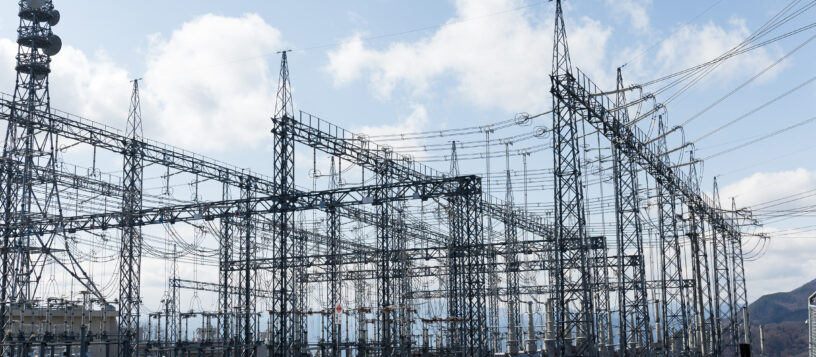Course Overview
The course is an advanced course on high-voltage technology and electrical insulating materials. It covers the
basic theories and the most important experimental methods of high voltage engineering such as the generation of
high voltages; cascade rectifier; Transformer cascade; Marx generator for impulse voltages; Magnetic pulse
compression; High voltage test and measurement techniques; Electrical breakdown strength of gaseous, liquid
and solid insulators; Dielectric properties of electrical insulation;
There will be a laboratory component to the course that will include four labs. High voltage generation and
diagnostics equipment design will be explored. These labs are:
(1) Simple high voltage generator based on the voltage multiplier circuit. The dependence of output voltage on
the number of stages and load current will be measured and compared with theoretical formulas.
(2) High-voltage fast pulse voltage and current measurement circuits and effects of stray inductances and
capacitances. Voltage drops across short wire connections due to wire inductance and current through small
capacitance due to wire-to-ground proximity will be measured and compared with theoretical estimates.
(3) Saturable magnetic core used as a fast high current switch. Saturation characteristics and pulse compression
will be examined and compared with theoretical expressions.
(4) Capacitor charging power supply. Power supplies for charging capacitors in pulsed power circuits do not
operate with a constant load and need to be carefully designed. A resonant converter used for constant
current charging will be examined, and voltage and current waveforms compared with the theory.
Program Details
- Describe the principles behind generating high DC-, AC- and impulse voltages
- design and develop equivalent circuit models of the different high-voltage generators
- perform a dynamic response analysis of high-voltage measurement systems
- compute the breakdown strength of gas-filled insulation systems with simple geometries
- Approximately judge the breakdown strength of contaminated liquids and solids.
- describe the principles for measurement of capacitance and dielectric loss
- design magnetic pulse compression circuits
- design capacitor charging power supplies
Earthing and Lightning Protection Course Benefits
- Introduction, LV &HV generation – DC
- Electrostatic generators, accelerators
- LV Generation
- HV generation – AC
- Voltage multiplier lab
- Impulse generation, magnetic pulse compression
- HV and impulse measurement techniques
- Voltage divider lab
- Transmission lines
- Electrostatic field stress control
- Spring break
- Electrical breakdown in gases
- Magnetic pulse compression lab
- Breakdown in solids and liquids
- Dielectric losses, partial discharges
- Capacitor charging
- Capacitor charging lab
- High voltage switching
- Vacuum tubes, Magnetrons, Klystrons, X-ray tubes
- FINAL EXAM, Monday, May 12, 11 am -1 pm


